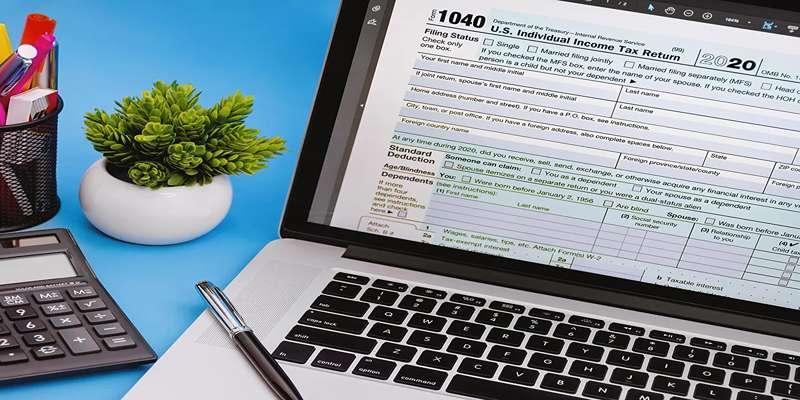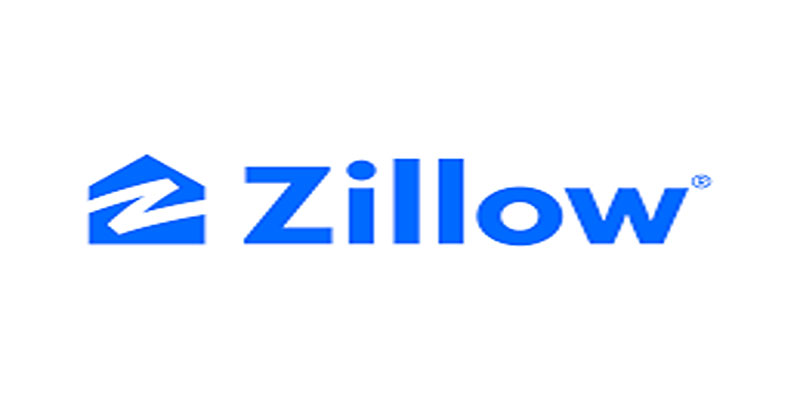
Most of us must be aware of how quickly our debt may accumulate. For instance, if you have a significant amount of high-interest credit card debt, it may seem like you will never be able to get ahead of the situation. If you approach paying off your debt in the appropriate manner, you will be able to reduce the amount of time it takes to do so. In addition, you may save a significant amount of money due to this approach.
Create a Budget
If you do not have a budget, you may not be aware of whether or not your expenses are more than your income. Although it may seem tedious, creating a budget can be a helpful tool for managing your finances and making plans for the future. You can establish a budget using software and budgeting applications like Mint, You Need a Budget, or PocketGuard; you can also make an efficient budget with only a notebook and pen if you follow some simple steps.
To get started, calculate how much money you get each month through paychecks or other sources. Include the money you make from your employment as well as any other sources of income.
Next, make a list of all of your consistent and recurrent costs. Think about things like your rent or mortgage, energy bills, insurance premiums, the minimum payment on your credit card, and groceries. Look at amount of money normally spent on extraneous activities, such as going out to eat or to the movies.
If you are spending more money than you are bringing in or if there needs to be more wiggle space in your budget, you should search for places where you may make cuts to lower your expenditures.
Increase Your Income
When it comes to getting more money in your pocket, there is a limit to how many shortcuts you may take. After establishing a spending plan and cutting down on some costs, your next priority should be to find ways to boost your income. If you think you'll get a pay rise or a promotion at your full-time work for a while, you should look at ways your skills may earn you more money.
Also, consider modifying the amount of taxes withheld from your paychecks at work. You may need more money withheld from your paycheck if you often get a tax return. This extra cash can be used to reduce your overall debt load. You should talk to your employer about getting a new W-4 form that you may use to adjust your withholdings to get more of your paycheck in your hands. If this is not possible for you when you ultimately get your tax return, use that money to pay down your debt.

Use Debt Avalanche Strategy
If you've been able to save up some extra money, you may use that toward paying off your debts; after you've done so, the next step is to choose the most effective way to put those funds to work. The method known as the debt avalanche is often considered to be the most helpful instrument for a great number of individuals.
With the debt avalanche method, you list all your outstanding obligations and prioritize paying them off in order of interest rate, starting with the highest and working your way down to the lowest. Keeping up with the minimum payments on your accounts is important, but putting any extra cash you have toward the one with the highest interest rate will provide the biggest returns.
You should go on to the account with the next highest interest rate after you've paid off the one with the highest rate. Proceed in this manner until you have settled all of your financial obligations. Paying the loan with the highest interest rate can help you get out of debt faster and save you money on interest costs.
Consider Debt Consolidation
Debt consolidation can assist you in paying off your debt more quickly if you have high-interest rates on your outstanding balances. You may consolidate your debts by taking out a personal loan from a respectable financial institution like a bank or using the debt from another source to pay off your existing bills. You will only need to keep track of one debt moving forward, along with a single payment due each month.
Track Your Progress
Getting out of debt takes time, and losing motivation along the road is easy as you work toward your goal. Checking in with yourself weekly or monthly to assess your progress might be helpful in maintaining your concentration on the task at hand. Keeping a spreadsheet or a visual chart of your progress can help you track what you've already achieved and the objectives you still have left to fulfill.




